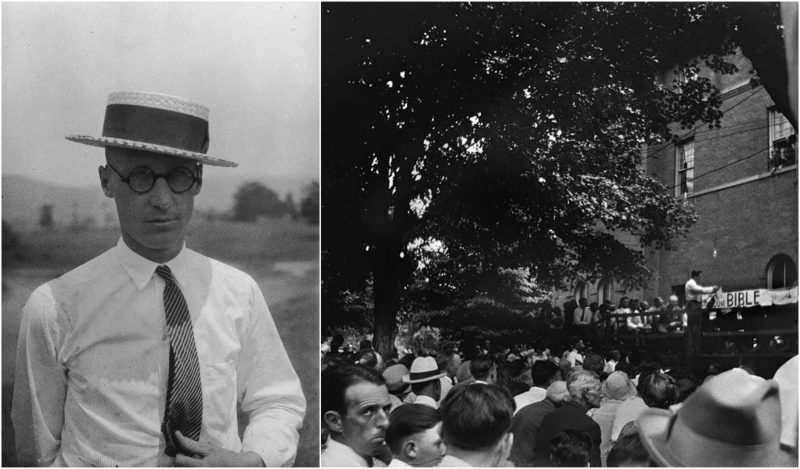The Scopes Trial, otherwise formally known as “The State of Tennessee v. John Thomas Scopes”, was an American legal case that took place in the court of Dayton, Tennessee in July 1925.
The case was between the state of Tennessee and John T. Scopes, a substitute high school teacher, penalized for teaching the evolution theory to the students. It was highly significant both legally and philosophically and is most likely known by every law student in the States today. According to the Butler Act of the State of Tennessee, it was unlawful to teach human evolution in any state-funded school.
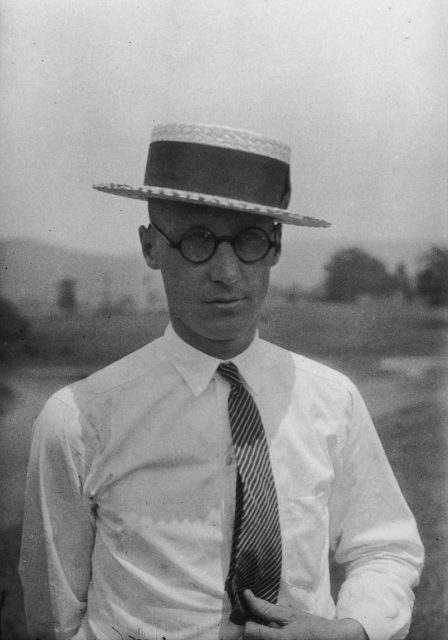
Although Scopes wasn’t even certain about teaching the subject of evolution, he incriminated himself on purpose anyway so that the case would have a defendant. As the topic was highly contentious during that time, journalists, teachers, and academics flew to the small town of Dayton where the trial was to be held. The national publicity of the trial was ablaze when the three-time presidential candidate William Jennings Bryan spoke for the prosecution, and famed defense attorney, Clarence Darrow, argued for Scopes.
The whole nation was discussing the Fundamentalist–Modernist Controversy which was publicized along with the trial. The Modernists claimed that evolution wasn’t inconsistent with religion, while the Fundamentalists completely relied on the Bible, arguing that the word of God took priority over all human knowledge. The case became not only a philosophical debate but also a theological competition, the leading question being whether or not “modern science” should be taught in schools.
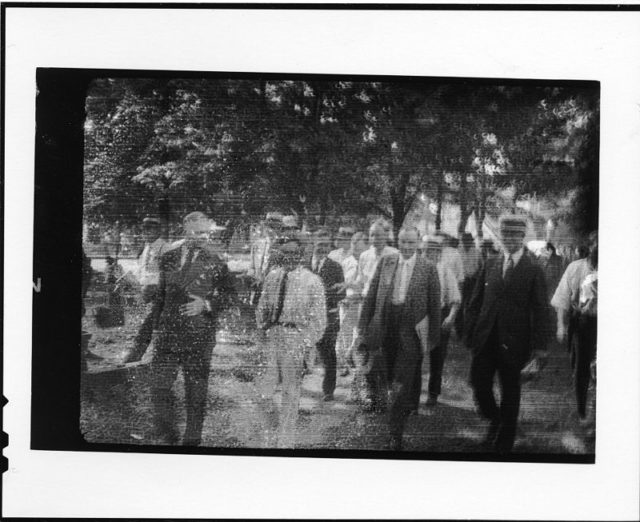
It all happened back in 1925, when John Scopes, who substituted for the regular teacher of biology, gave a class on evolution, presenting a chapter from “Civic Biology: Presented in Problems (1914)”, a textbook by George William Hunter. As put in the State Representative, John W. Butler’s words after reading the newspaper, “boys and girls were coming home from school and telling their fathers and mothers that the Bible was all nonsense.” So, at the time, as the head of the World Christian Fundamentals Association, he persuaded state legislatures to pass anti-evolution laws, and hence, the Butler Act was adopted on the 25th of March, 1925. Later, he stated that he “didn’t know anything about evolution…”
The law was signed by the Tennessee Governor Austin Peay and even though he urged the rural legislators to support it, he never thought of it interfering with education in the schools around the state. The head of the prosecution, Bryan, enthusiastically thanked Peay for his support of the bill, “The Christian parents of the state owe you a debt of gratitude for saving their children from the poisonous influence of an unproven hypothesis.”
As a response to the Butler’s Act, the American Civil Liberties Union (ACLU) proposed a defense for anyone who would “break the law” by teaching the theory of evolution. Just two weeks after the act was passed, a local Dayton manager for the Cumberland Coal and Iron Company, George Rappleyea, arranged a meeting with Sue K. Hicks, a local attorney, and Walter White, the county superintendent of schools.
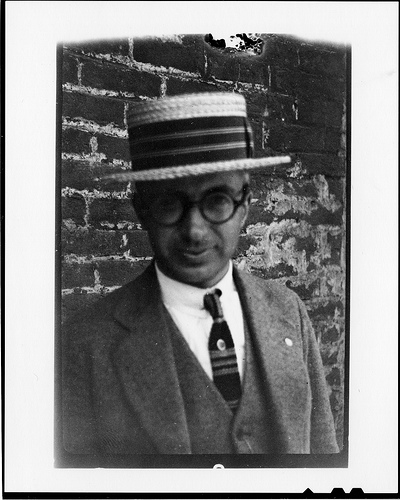
He convinced them that a trial regarding the Butler’s Act would bring the city much-needed publicity. He said “As it is, the law is not enforced. If you win, it will be enforced. If I win, the law will be repealed. We’re game, aren’t we?” Then, John T. Scopes, the 24-year-old high school teacher of math and science at Dayton, was invited to join the conversation. The men asked the young teacher to admit to teaching the theory of evolution.
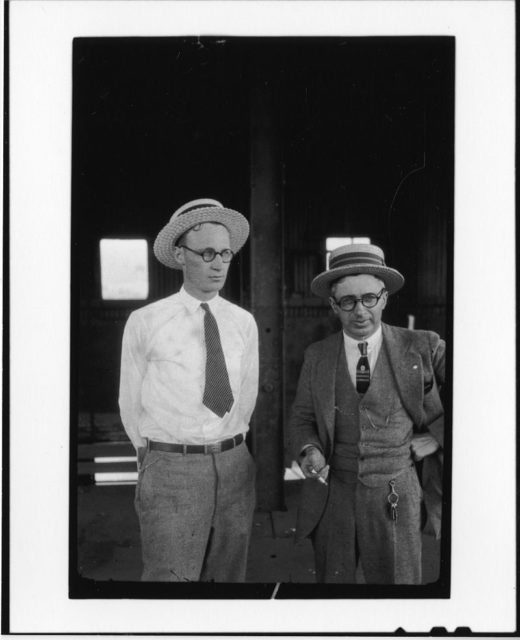
At the meeting, the stark contradiction existing within the system was brought up, where teachers were required by the state to use a textbook that explicitly described the theory of evolution, while at the same time, the teaching of such theory was legally prohibited by the Butler Act. This meant that teachers were effectively required to break the law. Scopes told the men that he didn’t actually remember teaching the theory of evolution to his students but that he had certainly gone through that particular chapter in the book. He bravely accepted to qualify as a defendant and to stand trial.
Before he was indicted on the 25th of May, Scopes prepared his students to testify against him and even coached them on what they were supposed to say. Three of his students testified against their teacher, one saying to the reporters, “I believe in part of evolution, but I don’t believe in the monkey business.” The jury with the judge, John T. Raulston, charged Scopes with having taught the theory of evolution to his students. William Jennings Bryan was invited by Sue Hicks to lead the prosecution, and Bryan accepted, even though he hadn’t tried a case for 36 years. As a response, an agnostic was invited to defend Scopes, the famous U.S. lawyer, Clarence Darrow.
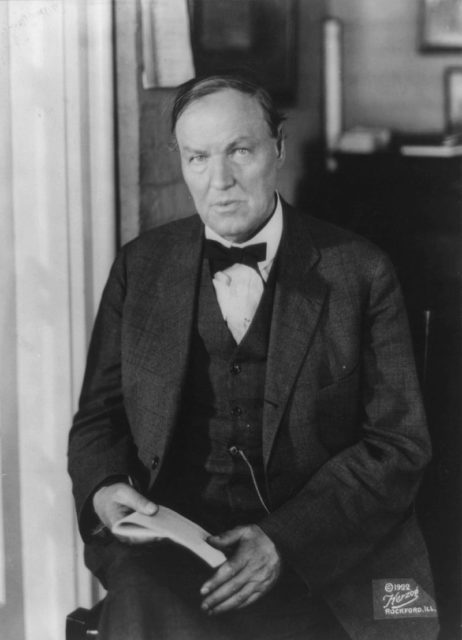
The trial was avidly followed in the newspapers and on the radio. As a matter of fact, this trial was the first one in the United States to be broadcast on national radio. Journalists from all the states and from around the world covered the trial. H. L. Mencken from “The Baltimore Sun” is credited with labeling the trial as the “Monkey Trial of the infidel Scopes.”
On the seventh day of the trial, Darrow started his interrogation of Bryan with the question: “You have given considerable study to the Bible, haven’t you, Mr. Bryan?”, to which Bryan replied, “Yes, I have. I have studied the Bible for about fifty years.” He was then questioned so that he could verify his claims. Darrow drove Bryan so well through the facts that he knew from the Bible, that this man, who at the beginning of the trial claimed that “everything in the Bible should be accepted as it is given there,” concluded that the words of the Bible should not always be taken so literally. Although he started his testimony calmly and confidently, Bryan stumbled badly under the persistent prodding of Darrow.
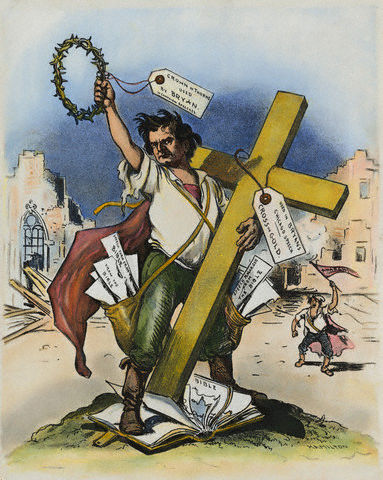
Quotes from this interrogation were shared on the radio and in the newspapers, one such was Bryan’s, “I do not think about things I don’t think about”, to which Darrow replied with the question, “Do you think about the things you do think about?”, after which Bryan answered with, “Well, sometimes”. He accused Darrow of attempting to “slur at the Bible.” It went so badly for Bryan and was so funny for the whole court that the prosecution sympathizer, Judge Raulston ruled Bryan and his comments out of the trial. Scopes was never even questioned.
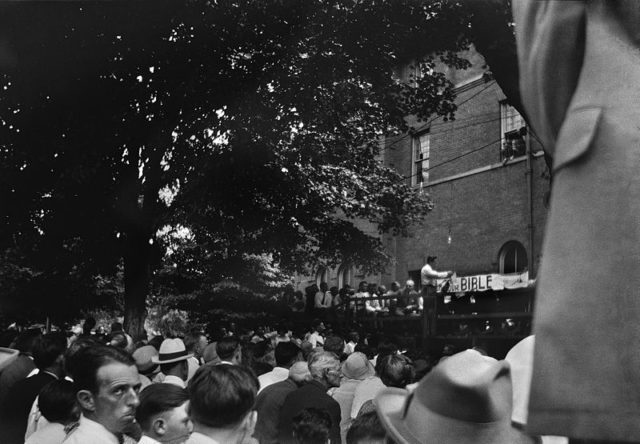
In the “Bryan-less court”, it was easy for Darrow to put an end to the game. He requested the jury to find Scopes guilty so that the case would be taken to the Tennessee Supreme Court where the constitutional ban could be possibly overturned, and the jury did so.
Read another story from us: Totally bizarre Illegal things in Medieval Europe
In the meantime, even though the trial ended, Bryan was still in Dayton. One evening, he ate an enormous dinner and laid down to take a nap and died in his sleep. The news about his death reached Darrow while he was hiking in the Smokey Mountains. People told him that Bryan died of a broken heart, to which Darrow replied “Broken heart nothing; he died of a busted belly”.
A year later, the Supreme Court in Tennessee dismissed the case, commenting that “Nothing is to be gained by prolonging the life of this bizarre case.” Out of the 15 states pending anti-evolution legislation in 1925, only Mississippi and Arkansas enacted laws restricting the teaching of Darwin’s theory.
